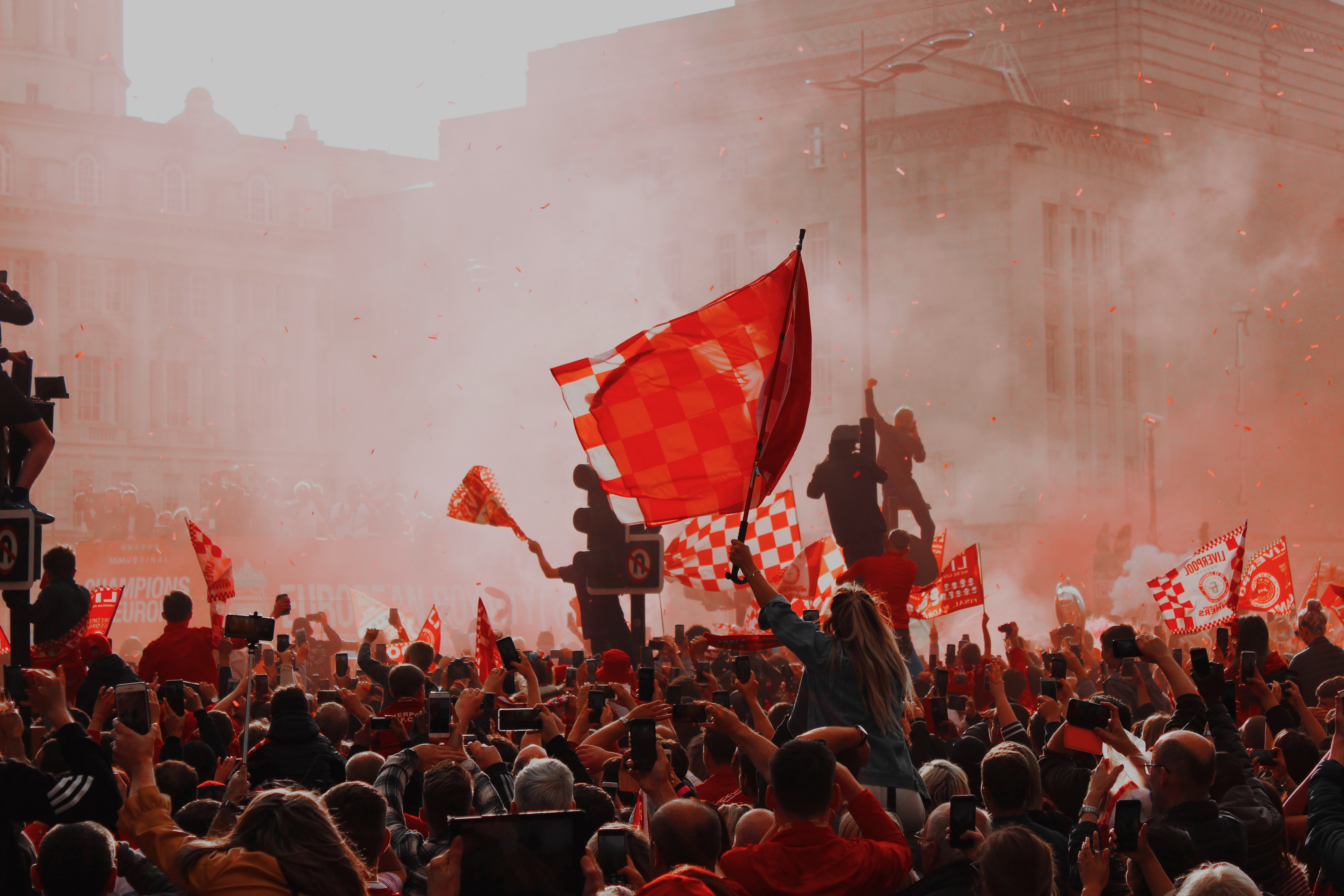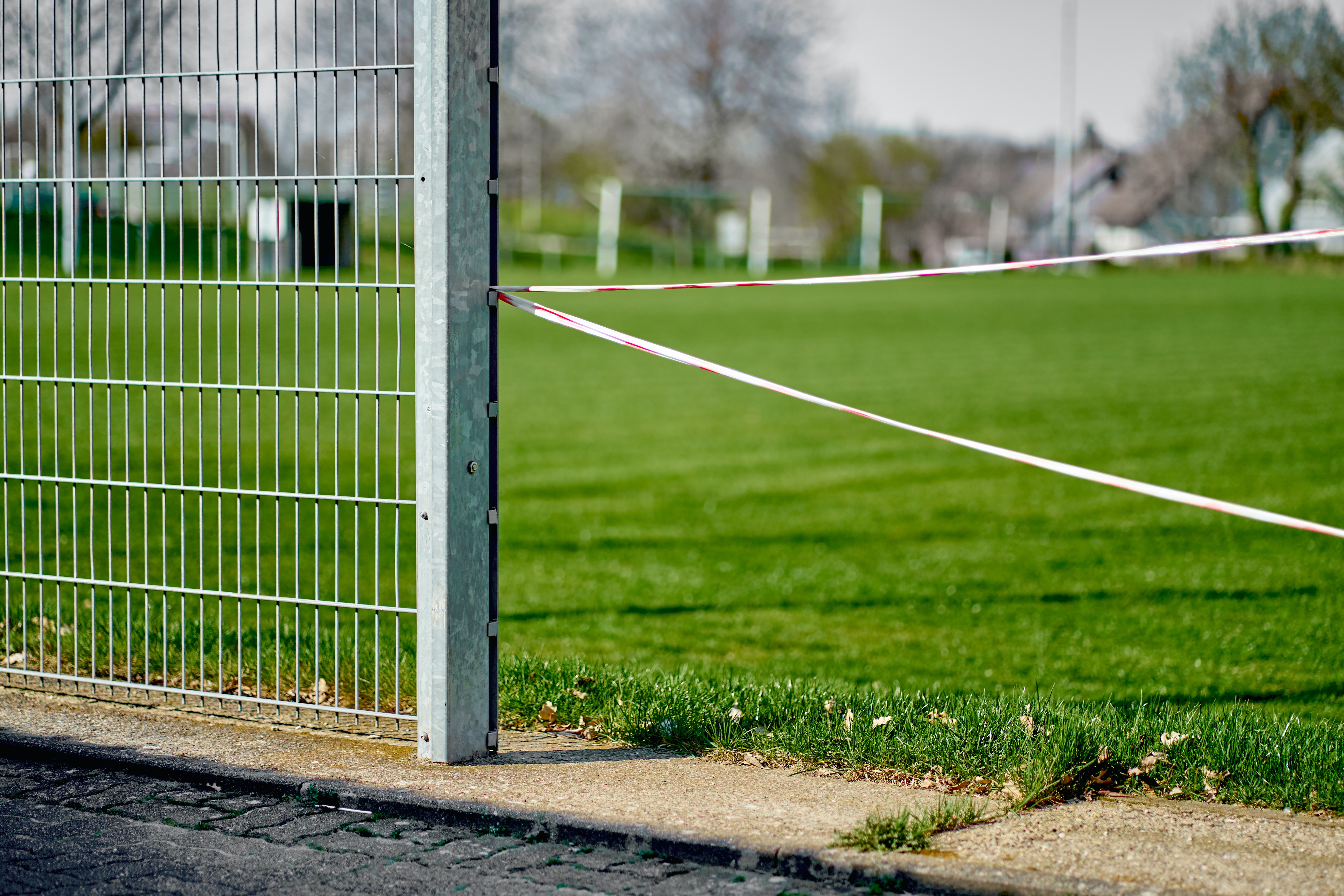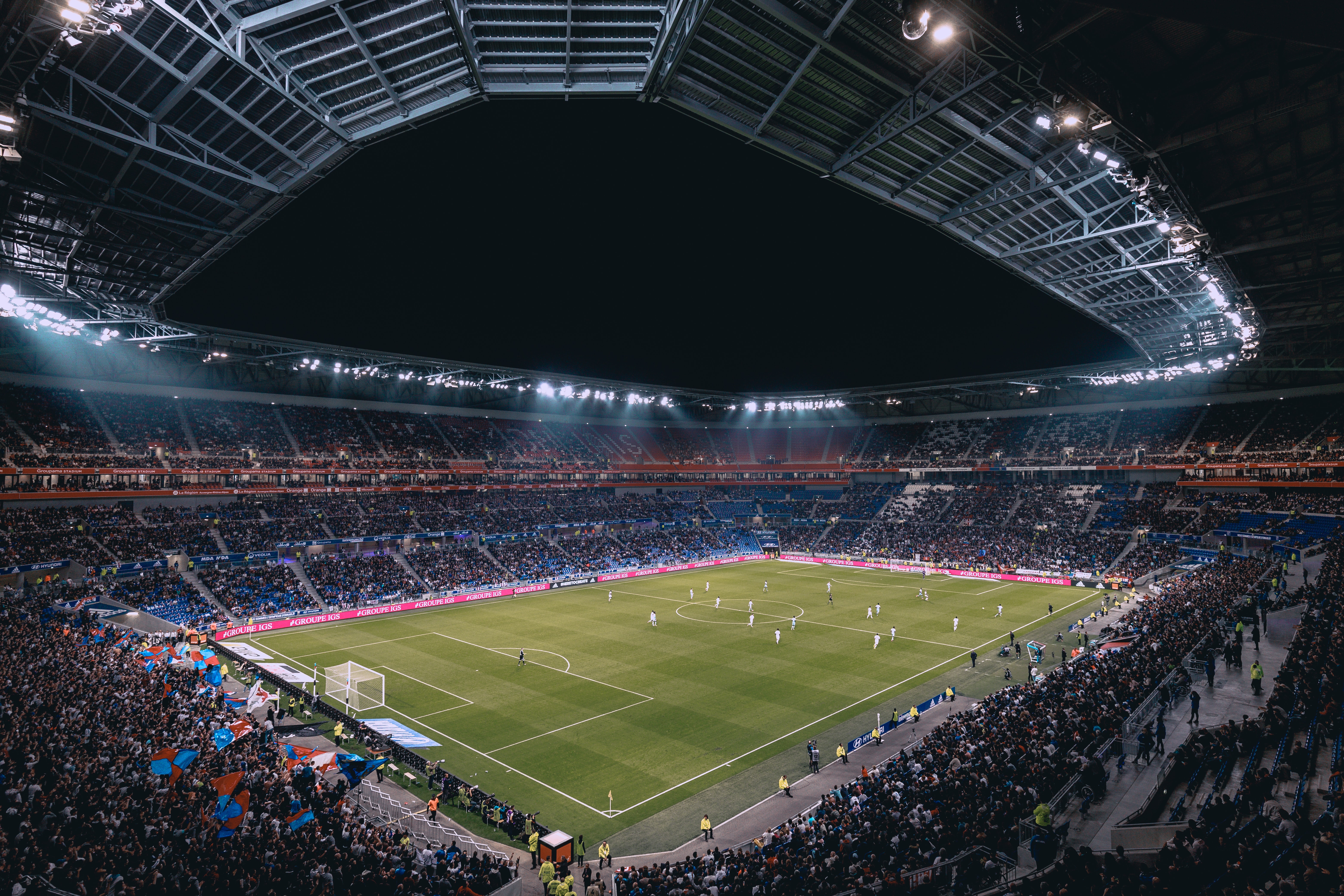If ever there was a lesson in the chaos that results from not listening to your audience, the Super League is it. Within moments of discovering the plan to launch an exclusive European league of only the richest and most powerful clubs, fans had already shown the Super League the red card.
After unheard of commotion and protest within the football community – from fans, commentators and broadcasters – the biggest clubs in the continent returned with their tail between their legs, forced to apologise.
With no risk, dynamism or democracy, fans prophesied that this would be the end of the beautiful game.
So, how can we all learn from this carnage and find meaning in the rubble of this plan? The answer is, of course, listening to the players on and off the pitch – the fans, the audiences, the real investors.
We asked our global insight community for their reactions to this league. This is what they had to say…

What is it and what went wrong?
As the Financial Times explains, ‘Twelve of Europe’s top clubs planned to shake up the sport. Instead, the project collapsed spectacularly in just 48 hours’.
The radical project was spearheaded by billionaire and president of Real Madrid, Florentino Peréz. As time progressed, a dozen clubs had signed on to the programme – and effectively signed their own death warrant in the eyes of their fans. The plan, which was revealed on Sunday 18th April, cast doubt over the future of the Champions League, the Premier League and the European Championships.
After a seismic week, fans were ready to say RIP football.
We asked our digital community for their opinions on the Super League. 72% were vehemently against it – and 54% expressed a negative emotional reaction. Had the organisers considered the reactions of their fans, they may have discovered that over half of people disagreed with it, and acted accordingly.
‘It undermines other teams and football will lose its meaning.”
Bulbshare user, Female, 24, 🇬🇧
“We can’t just let the ‘big six’ dictate what happens in football. The smaller teams will not get a look in and at the end of the day it’s all about money, not the love of the game.”
Bulbshare user, Female, 34, 🇬🇧
The humiliation of hindsight
In this whirlwind of humiliation that could have been avoided, one truth becomes evident: foresight is more powerful than hindsight. As chairmen and owners have been forced to apologise, we can conclude that there actually is such a thing as bad publicity. This scrambling to win back fans is a prime example of what happens when you act first and think second.
German teams got this right. With their 50+1 and ‘fan on the board’ rules, private investors cannot push through measures that prioritise profit over the wishes of supporters. And according to BT Sport, German football boasts “top-quality play, the highest average attendances in world football, low ticket prices and a great fan culture”.
“The German spectator traditionally has close ties with his club,” Borussia Dortmund CEO Hans-Joachim Watzke said in 2016. “And if he gets the feeling that he’s no longer regarded as a fan but instead as a customer, we’ll have a problem.”
So, it was no surprise when Bayern Munich and Borussia Dortmund rejected this plan.
Our ‘fans on board’ agreed. 48% of our insight communities said that this league could precipitate the end of football as we know it and, crucially, 44% said their opinion of the teams in it has changed for the worse. 65% of our respondents claimed that their team was one of the 12 involved in the plan and a significant 52% said they feel disappointed in their team as a result.
When 44% of fans now feel negatively about the teams involved and 52% are turning their backs on the team they normally advocate for, is there any salvaging the reputations of these clubs?
“I personally think it’s absolutely disgusting.”
Bulbshare User, Female, 43, 🇬🇧

Super fans – not super league
Though money is power in football, ultimately, the fans and the media had their say. The big players here aren’t just the ones kicking the ball for a hefty salary but the ones watching behind the screen, cheering them on.
As Nasser Al-Khelaifi, the president of PSG says, “Football should be built on community, not built on mutiny”.
There is no football without the entire team; not just team members on the field, but the ones in the terracing. The eeriness of empty stadiums in lockdown left no effect on the organisers of this league, clearly. The power of the customer spoke loud and clear – if only they had listened.
“It’s the rich ruining the beautiful game.”
Bulbshare user, Male, 39, 🇫🇷
“It was done in the wrong way. A smaller tournament which didn’t affect the big ones like the premier league might have worked.”
Bulbshare User, Male, 23, 🇮🇹
The merit of meritocracy
The frustration of our global insight community came mainly from the removal of relegations. Without the risk of losing, winning becomes nugatory.
Furthermore, our global community members were confused as to why some teams were included – and why others weren’t included. Questions over why Tottenham were involved and Everton weren’t, and as to why there wasn’t more representation of a wider scope of European teams.
62% of our digital customer communities argued that the lack of dynamism or movement would result in a boring and repetitive viewing experience. Furthermore, 61% said that it would prevent smaller teams rising in the ranks – and 65% described it as ‘unfair’.
Overall, the general reaction of our insight community was staunchly against the league – information that could have been vital in preventing the blunder that consumed the last fortnight.
“It's for elite teams only and doesn't support grassroots football.”
Bulbshare user, Female, 44 🇬🇧
“I think that it is not fair for the rest of the teams.”
Bulbshare user, Male, 32, 🇵🇱
“It's all for the big clubs, meaning other clubs and domestic seasons will suffer.”
Bulbshare user, Female, 40 🇬🇧

Manchester Dis-United
This lesson in collaborating with the people that matter most comes to its denouement in Manchester.
The third of the recent protests against Manchester United’s owners happened in Old Trafford on Sunday 2nd May, with fans spilling onto the pitch, damaging property and raising a furore.
Fans brandished signs saying ‘you can buy our club but you can’t buy our heart and soul’ and ‘never to be forgiven’. The 1,000 protesters were releasing the anger they claim has pent up over the last 16 years, ever since the US Glazer family bought out the club. As the BBC say, ‘Indeed, to those fans, it merely underlines their view that the owners of their football club only care about money and that they have no affection for the world-famous 149-year-old institution they are in charge of.’ In the initial shockwave of this takeover, some fans felt so betrayed that they broke away to form a new club, FC United.
The Premier League responded with the statement that, ‘We understand and respect the strength of feeling but condemn all acts of violence, criminal damage and trespass, especially given the Covid-19 breaches’.
Ole Gunnar Solskjær, when asked, said the fans’ voice “needs to be heard”.
This protest may represent, in all its violence, the pent up anger that overflows when left ignored. Unheard voices find new ways of expressing their anger – and this time that new vessel was an uprising. To avoid the mutiny, beware to the rumblings that preempt it.
Simply put – listen to your fans.
“I support Man Utd and they have already priced the average fan out of the game. It’s greed and money orientated and unnecessary.”
Bulbshare User, Male, 49, 🇬🇧
Brand take outs… 5 tips for building fan engagement and trust:
- Build ‘fan’, ‘consumer’, ‘audience’ communities. Listening to your fans is essential. The failure of the Super League taught us that. Building a community of fans can prevent repetition of this and ensure the crowd goes wild every time.
- Insight driven decisions to ensure quality. When communicating with your fans through these communities – using AI software, heat-mapping, sentiment analysis, UGC and hyper-niche segmenting – you can better understand what it is they are looking for from football and deliver that. That’s an easy goal scored.
- Targeting hyper-niche segments. Want to know what women over 45 think of football? Perhaps you want to delve into the minds of gen z? Maybe you want to know if southerners feel different to northerners on matters surrounding the game? Or do you want to understand how race, class and income affect support for different teams? Whatever it is you want to know, our technology supports an intimate understanding of your fans as individuals, not just as a conglomerate group.
- Video is the MVP. Video allows your users to create unique and in-depth qualitative content that showcases attitudinal responses in an infinitely more nuanced way.
- Always on for rapid insights. The future is digital. One of the key advantages to having your own online community is the sheer ease and speed of turnaround. The convenience is superior for both you and your fans.

